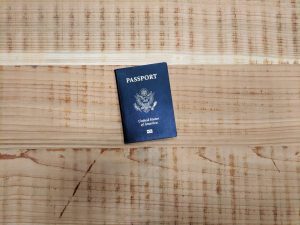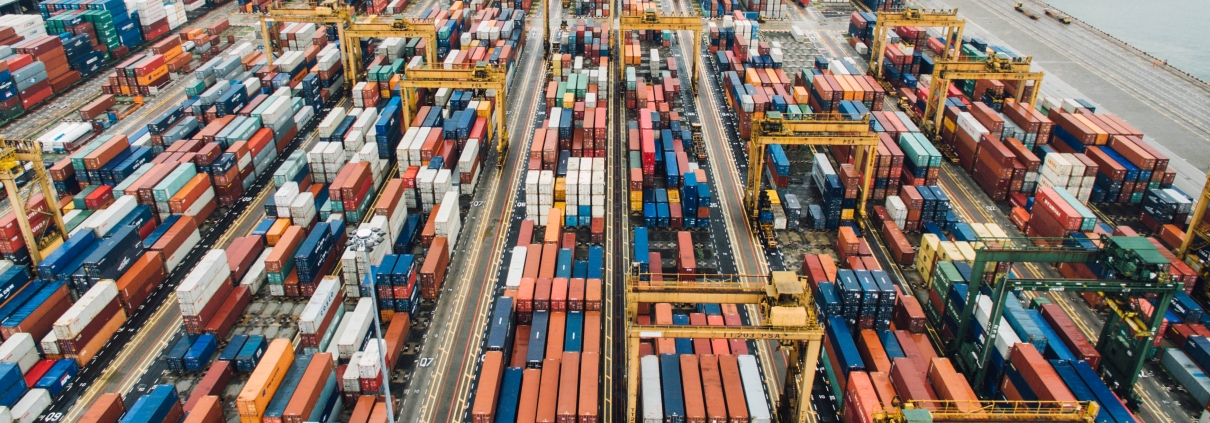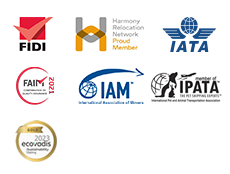Brazil import guide – avoid customs issues
There has been a lot of talk about customs issues you may encounter when you want to bring items into Brazil. This topic has especially come into focus prior to Olympic Games. A lot of gear needed importing at that time. Also, the number of organizers and, later on, participants and spectators of the Olympic Games were about to come into the country. This is your Brazil import guide.

Moving to Brazil can be expensive if you have to pay the duty fee
Obstacles you’ll face when bringing items into Brazil
Brazil has some very strict customs policies. Additionally, the price of duty is extremely high. This is due to the government strategy of enhancing domestic production and buying of domestic products. Therefore, everyone who enters Brazil has three issues to deal with:
- Price of duty
- Charging the duty
- How to avoid paying the duty
Brazil import guide – Price of duty
As previously mentioned, the price of duty is very high. It matches the original price of the product sometimes. Because of this, the price of some home or personal appliances in Brazil can be almost the double of what you would pay for it in the United States. Therefore, if you are moving to Brazil from US, it would be wise to check the price of the item that you are interested in buying and compare it to price back home. It may prove to be cheaper to buy a new cell phone back home and bring it with you than buy a new one in Brazil.
Charging the duty
Another issue about shipping items to Brazil is charging the duty. Brazil has gone through various phases trying to enhance the percentage of items for which duty is charged. Two of the main issues they faced was corruption and general disinterested of employees to enforce the duty charge.
Brazil is no stranger to the problems with corruption. It used to be spread out so much that you could bribe the clerks into not having to pay the duty fee. Now, in order to prevent this from happening, Brazil introduces the CPF (short for Cadastro de Pessoas Fisicas, on the case you’re mailing a package to an individual) and CNPJ (Cadastro Nacional da Pessoa Jurídica, version of CPF for businesses). Let’s see how they work.
CPF and CNJP will be clear to you once you read this Brazil import guide
Either of the two contains the recipient’s name, address and tax number, since it is the recipient who is obliged to pay the duty fee. Now, before you’re able to pick up your parcel, you are required to have already paid the customs fee. Information about it is gathered through CPF and CNPJ. Furthermore, shipping companies have started requiring the receiver to pay the customs fee prior to the package’s sending. This way, they make sure the package clears the customs as quickly as possible.
How Brazilians tried to find a workaround
Brazilians wouldn’t be Brazilians if they wouldn’t find a way around paying customs fees. Remember when we talked about disinterest in enforcing the legislative? Well, Brazilian Post Office delivers the packages sent from abroad. They found a way to avoid the hustle of paying the fee. They did it by shipping the package to the local post office of the recipient. Once the package would arrive, local post would be tasked with collecting the fee. However, Brazil is a vast country with many post offices and some of them are located in small towns where everybody knows everybody. Similarly, some post office clerks could not care less about enforcing the customs law and would deliver packages just like that. This meant that the local post would not collect the required fee, so the country was still losing money.
Brazil import guide tells you how government won

The Brazilian government is serious about collecting import tax
After having found out how Post Office workers dealt with the required customs payments, the government made a small change in the delivery and tax collecting process. Previously, tax collection was up to the Post office to collect. After postman found out how they could not do it, this process was changed. Before, the customs would calculate the tax fee according to data from CPF and CNJP. They would inform the Post Office of the amount of tax that was supposed to be collected. Still, they would not label the parcel with CPF and CNJP. Nowadays, every parcel must have a label on it in order to clear customs. No parcel without it is to be delivered to the Post Office. Also, the government required Post Office to do a better job of collecting the tax fee.
How to avoid paying the duty

Save as much money as you can!
Even though the leash on paying the duty has been shortened, there are legal ways this time, not to pay the import tax. In fact, here in Brazil import guide, we’ve summed up two situations in which you can avoid paying it.
Depending on what kind of visa Brazil has issued you if you hold one of these two you can bring items with you without pay tax for them:
- Permanent visa
- Temporary visa
or - You’re a Brazilian citizen returning
Permanent visa and Brazilian citizen returning
If you hold a permanent visa or you’re a Brazilian citizen returning to your home country. You can avoid paying the duty tax if you meet the two following rules:
- You have been out of the country for more than 1 year
and - You haven’t spent more than 45 days in Brazil in the last year prior to returning to Brazil for good
Temporary visa
When you are a holder of a temporary visa, your plan is not to stay in the country for good. Therefore, you can declare the length of your stay (in Portuguese Termo de Responsabilidade) and you’ll be exempt from paying import tax on your items for this long. In case of an overstay you are going to be charged the fee plus penalties for not leaving the country on time. Still, this term can be shortened or extended in the case of need.
If you need more detailed procedures, here you can find them.
We’re glad to help!
We sincerely hope that this Brazil import guide has helped you make your moving plans. Still, should you need any further assistance with moving abroad, don’t hesitate to contact international moving companies Brazil and they’ll eagerly help you!




